2019 F+C Startup Challenge Cohort
After an extensive, international search that spanned many months, we’re thrilled to reveal the innovative companies that make up the 2019 Food+City Startup Challenge cohort. Part mentorship engagement and part startup competition, our program kicks off in mid-December and culminates in the Food+City Startup Showcase on March 11, 2019. Mark your calendars now and prepare to be inspired by these startups who aspire to grow their impactful ideas.
Join us as we share their journey and help tell their stories.
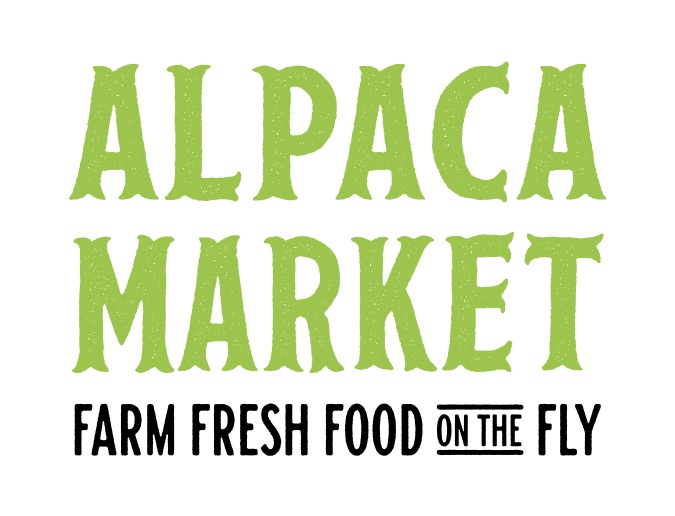
Company: Alpaca Market
Location: Austin, TX.
Founder: Joe Kerby
Year Founded: 2018
Funding: Pre-Seed 500k-1M
Stage: Active Users
Mentor: Bob Metcalfe (University of Texas at Austin)
One-liner: ‘Farm to Jar’ meals out of Smart Fridges and Vending Kiosks.
Description: Alpaca Market is a health forward food company that serves fresh chef crafted provisions conveniently via a network of custom, high-tech vending machines and smart fridges.
In their words: “Alpaca Market was founded as a mission based business. We exist to make nutrient-dense food delicious, accessible, and affordable for all. Eating healthy can be hard- especially when you’re on the go or life gets busy. We want to make choosing healthy, locally sourced food quick and easy, so regardless of your schedule you always have the option of nourishing your body. Alpaca Market is also dedicated to reducing the food crisis within our community. We donate ALL surplus meals to Keep Austin Fed, an Austin based organization that distributes the food to our neighbors in need. Additionally, we donate a portion of all our proceeds to Central Texas Food Bank, because when we say everyone should have the opportunity to eat healthy, we mean everyone.”

Company: Cambridge Crops
Location: Cambridge, MA.
Founders: Adam Behrens, Livio Valenti
Year Founded: 2016
Funding: 250K / Raising
Stage: Product Development
Mentor: Stephen Carey (Whole Foods)
One-liner: Developing a unique and natural biomaterial food coating that dramatically extends the shelf life of perishable goods.
Description: Much of the food we make spoils before it reaches the customer. This could be in the field, or at any point during its storage and transportation thereafter. Sometimes food is damaged in route, and other times it is exposed to conditions that intensify its degradation, but all food has an internal clock that starts the minute it is harvested. Oxidation begins, and while the exact time to spoilage varies from product to product, all food has a definite shelf life.
Cambridge Crops is developing a natural and edible coating to extend shelf life of perishable foods. It is tasteless and odorless, and can extend the window of peak freshness in everything from spinach to salmon. Beyond that, what really makes this a unique solution is that the process in entirely water-based, so that the result is a natural product that can be easily integrated into existing processing lines without a big expense.
In their own words: “We really need innovation around consumer engagement, communication, and transparency. The tech will come. It will come faster if people embrace the innovation.”
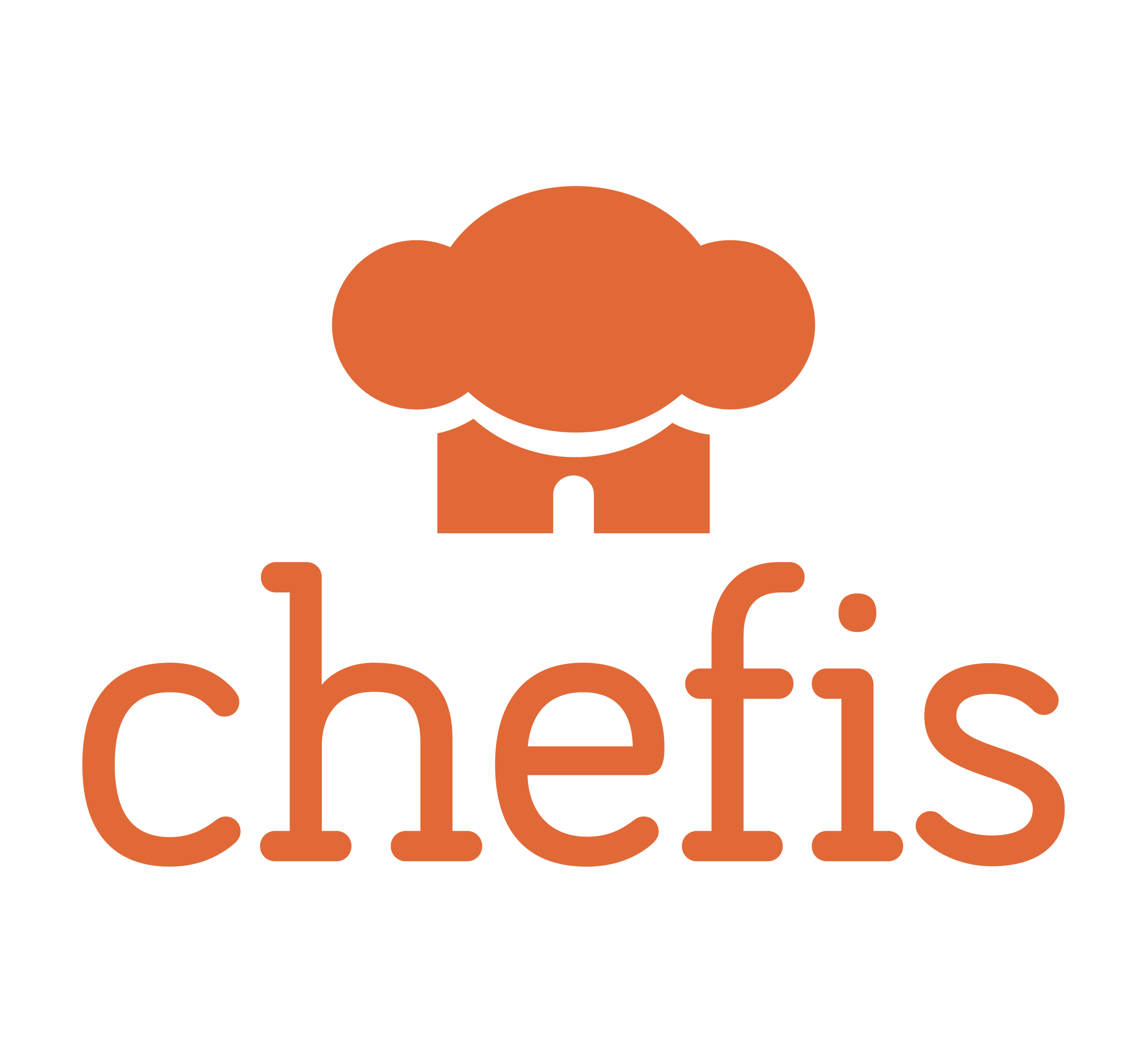
Company: Chefis
Location: Mexico City
Founders: Ceci Portillo, Enrique Portillo, Eduardo Portillo
Year Founded: 2018
Funding: Bootstrapped / Raising
Stage: Pre-Revenue
Mentor: Ben Lipson and Ajay Mittal (DoorDash)
One liner: Connecting Mexico City’s home cooks with eaters via a food delivery platform
Description: Mexico City’s 20 million inhabitants often find themselves in a snarl of traffic and air pollution. Among other things, it can make it difficult to grab a bite to eat, especially from a place that is not in close proximity. This, in part, has created a very vibrant street food scene. Thousands of vendors setup on sidewalks and street corners all over the city. In addition to convenience, the homemade quality and affordability make thee vendors a very appealing option. Unfortunately, many of these vendors are unregulated, and under-educated in the realm of food safety. Working outside, in a small space, without running water and other conveniences complicates the problem further.
But what if people could get the homemade food they love delivered right to their home or office?
Chefis is creating that solution. Their mission is to connect home cooks with eaters. They believe that this will increase food safety and economic opportunity in Mexico City. With some education, and a proper kitchen, Chefis thinks home cooks will provide safer options to customers while still offering the convenience of delivery and authentic taste of homemade food. The three founders said, the idea came from wanting to sell their home cooked food to the public and not finding a service to do it.
In their own words: “There are a lot of great cooks and chefs at home throughout the world and that is also the case at our home. So we wanted to sell food to get some extra cash and we thought that we could prepare it and sell it online. Then we realized that there are no options of where to do this and therefore we decided to start it on our own.”

Company: Comerso
Location: Agen,France
Founders: Francois Vallee, Pierre-Yves Pasquier
Year Founded: 2013
Funding:
Stage: Active Users
Mentor: Helene Thibieroz, Laurence Mittlebronn
One-liner: Fighting food waste by connecting surplus food with charities in need.
Description:
Comerso offers turn key digital & logistics BtoB solutions :
- To help companies to move them toward “Zero Waste”. With our solutions, companies improve their CSR policies and positive impact on environment, avoiding destruction. They have also big opportunities to save money.
- To help charities in their supply. Everyday, we deliver consumer goods (food, clothing …) to our partners. They receive quality goods in quantity , 100% secured according to french legislation
- To measure the positives impacts on regions / cities , thanks to our digital datas recording tools. Their core activity remains Retailers & Charities in France.
- In October 2018 they opened a new global service to Industrials, with a totally new approach on destock + 100% secure & turnkey donation process.
In their words:
“Comerso is innovating for several reasons:
- Technological innovation : we offer global digital & logistic solution to make the challenge of food aid possible.
- We provide real time traceability on all goods we collect thanks to RFID technology, we use numerical temperatures sensors placed in companies, trucks and associations to numerically record temperatures
- All our solutions are connected to an intelligent software which link associations demands to companies supplies.
- Organizational innovation:our process is interfaced to companies and associations existing processes.

Company: En Solucion
Location: Austin, TX.
Founders: Alex Athey, Kenton Harmer, Lara Kirkham
Year Founded: 2017
Funding: SBIR Grant
Stage: Research and Development
Mentor: Claudio Bauza (Testo Solutions)
One-liner: Ag-tech startup focusing on next generation food safety technology.
Description: En Solución is merging novel technologies with advanced sensing and control processes to modernize food safety. Current projects include building and validating a high-concentration nanobubble generating device with recirculating and regenerative functions capable of producing extremely high concentrations of nanobubbles in a wash water bath. This technology promises to achieve unprecedented efficacy in cleaning and sanitizing by combining powerful pathogen-killing agents with a more effective and safer delivery and control system, a breakthrough we expect to significantly improve the global food supply chain.
In their own words: “In 2015, a friend of one of the En Solución principals got the call that no farmer ever wants to receive: the CDC had traced a 40-state salmonella outbreak back to his farm. By the time it was over, 900 people were sick and 6 had died. This experience affected the farmer profoundly as a businessman and a person. He was determined that this should never again happen to him, his business, his customers, or his industry. He urged the founders of En Solución to pursue their theory that nanobubbles could more effectively kill foodborne pathogens than the status quo methods. With that encouragement, we incorporated in 2017, dedicated to saving lives through the development and validation of novel approaches to food safety.”
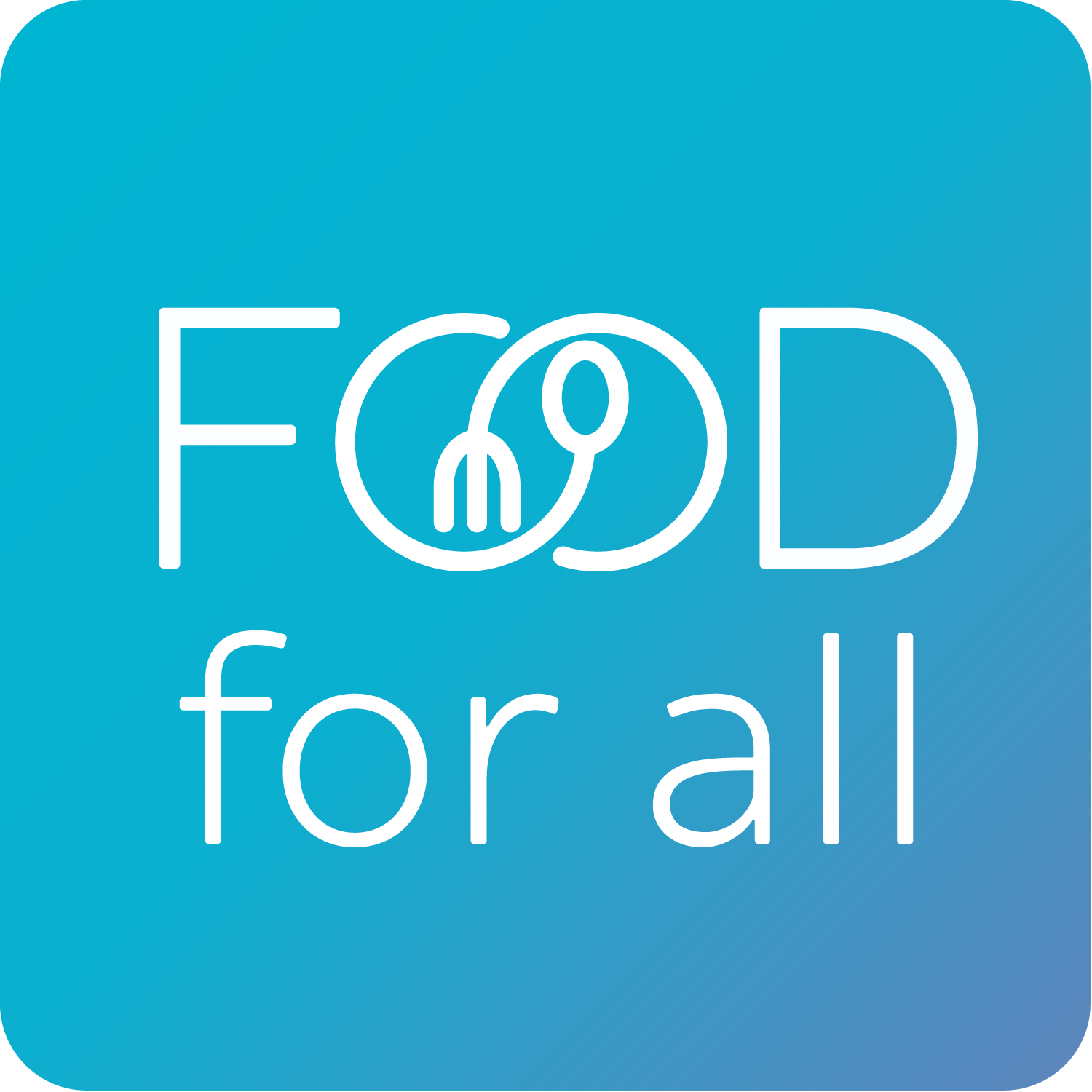
Company: Food For All
Location: Boston, MA.
Founders: David Rodriguez Sanchez, Sabine Valenga, Victor Carreno
Year Founded: 2017
Funding: Seed Round/ Raising
Stage: Active Users
Mentor: Ashley Shaffer (Preacher)
One-liner: Half-price meals to save your wallet and the planet.
Description: Food for All tackles food waste by helping restaurants sell all their inventory of prepared food 1 hour before they close, for a deep discount.
It’s an easy way for users and restaurants to save money, save food & save the environment all together! All that while increasing accessibility to quality food and helping local businesses to thrive.
In their own words: “Food for All’s mission is to make quality food affordable and convenient to all by avoiding perfectly good meals from being wasted. For us, Food with Integrity means not only real food, but real food that is valued and therefore unthinkable to waste – it’s an educational and behavioral shift that is then base for any sustainable food system. The more integrated with local communities and diverse in who has access to it, the more food is able to communicate its value and be a change catalyst.”

Company: Grow Computer
Location: Sacramento, CA.
Founders: Dan Nelson, Ian McEachern
Year Founded: 2017
Funding: Bootstrapped / Raising
Stage: Active Users
Mentor: Tom Stevenson (Encendre)
One-liner: The Operating System for Indoor Agriculture.
Description: An accessible and affordable digital platform for anyone around the world to grow smarter and more efficiently indoor.
In their own words: “We started the company to help the world build smarter farms. Originally, Ian and I met through MIT’s OpenAg project, where we saw the excitement and opportunities around indoor agriculture, yet were frustrated by the lack of ‘modern’ and accessible technology. When we met in 2017, we both wanted to have access to our growing data, controls, monitoring and more through a digital platform (like our phones), and couldn’t believe there was nothing available for hobbyist growers like us.
As we started talking to more and more folks in the space, we realized our problems were not just isolated to our home grows. Farmers, entrepreneurs, teachers, researchers and more have told us time and again about their desire for better tools, connectivity and products to take their grows to the next level.
Combined with our visceral foreboding about the realities of climate change, we saw that there was a huge opportunity in developing an smart and flexible operating system for indoor agriculture that any grower of any size can use to have a better tool to visualize, track, monitor and share their grows with any other farmer around the world.”

Company: Harvestable
Location: Fargo, ND.
Founders: Nate Heinold, Travis Rosenbluth
Year Founded: 2017
Funding: Bootstrapped / Raising
Stage: Active Users
Mentor: John Rea (Pacha Financial Services)
One-liner: Connects local chefs with local farms via an online marketplace.
Description: Focused on developing technology to change the way the culinary professionals manage orders and access local food sources. The beginning of food waste in kitchens happens when product is mistakenly ordered, or excess product is requested from distributors. By streamlining the collaborative process of request and order management, we will improve efficiencies in the kitchen as well as enable analytics regarding order detail and frequency, far beyond what any one distributor can capture. Harvestable also seeks to reduce the distance ingredients travel and empower food producers by expanding our local food marketplace platform. By effectively marketing to restaurants and improving their quality of service, local food producers can better compete with the larger regional and global distribution companies that currently control the market.
In their own words: “To prioritize local food and improve how restaurants operate takes many different components, and not one company can do it all. Each innovator has to think about how they can be a piece to solve a bigger puzzle. We are working to do our part to change a food system that desperately needs changing, and we believe our efforts to help change the food systems are necessary and of the utmost importance. Harvestable believes that our society is primed to support an idea like this and in turn has the opportunity to usher in a new phase of the food system that could set us on a path forward for generations to come.”
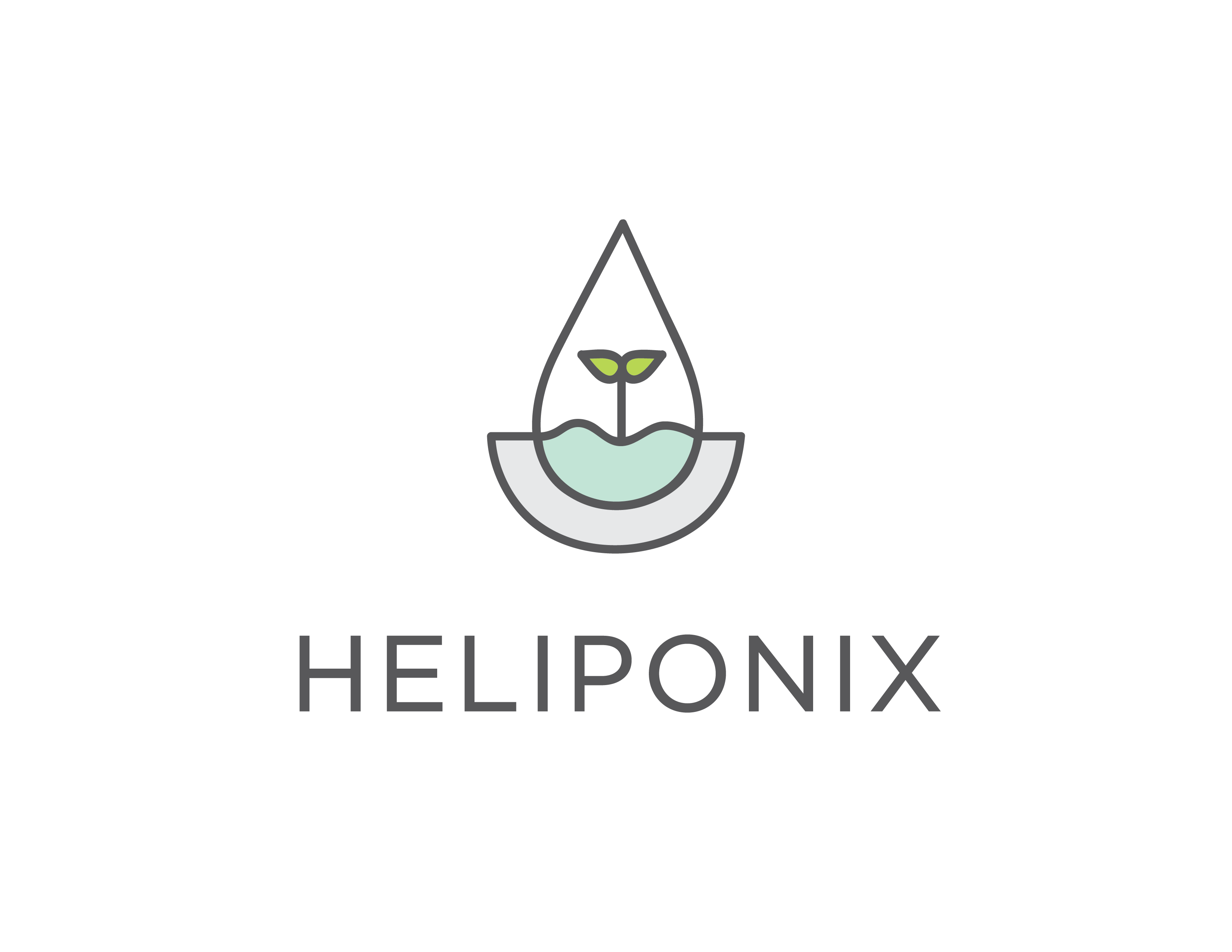
Company: Heliponix
Location: Evansville, IN.
Founders: Scott Massey, Ivan Ball
Year Founded: 2016
Funding: Seed Round- $550K raised
Stage: Active Users
Mentor: Juan Pablo Wright (Elastic Plastic)
One-liner: Aeroponic appliance that grows food in consumers homes.
Description: Co-founders Ivan Ball (CTO) and Scott Massey (CEO) met as research engineers at Purdue University designing a NASA funded, hydroponic plant growth chamber to grow food on the ISS. Heliponix™ provides consumers, restaurants, and institutions the GroPod™, an IoT enabled, aeroponic appliance that grows leafy green vegetables and dwarf varieties of specialty crops. The patented, self cleaning, rotary aeroponic™ design yields more vegetables (50lbs/sq-ft or a head of leafy greens on a daily basis) in an appliance the size of a dishwasher (4sq-ft) with unsurpassed energy efficiency ($7 total energy cost per month). Users subscribe to recurring monthly shipments of nonperishable seed pods™ and nutrients. Our machine learning API optimizes the growing environment for each individual user’s GroPod relative to their crop selection. Pre-order here.
In their own words: “We have now won our second state department contract to build our internationally patent pending, hydroponic farms across the continent from west to central Africa. As we continue to fight food insecurity domestically and abroad, we are on track to become the world’s largest farming company without owning a single acre of land.
Please follow us on social media, @heliponix. We post exciting pictures of our farmers growing through our IoT software and the farms Scott is building in the most hunger stricken regions of the world.”
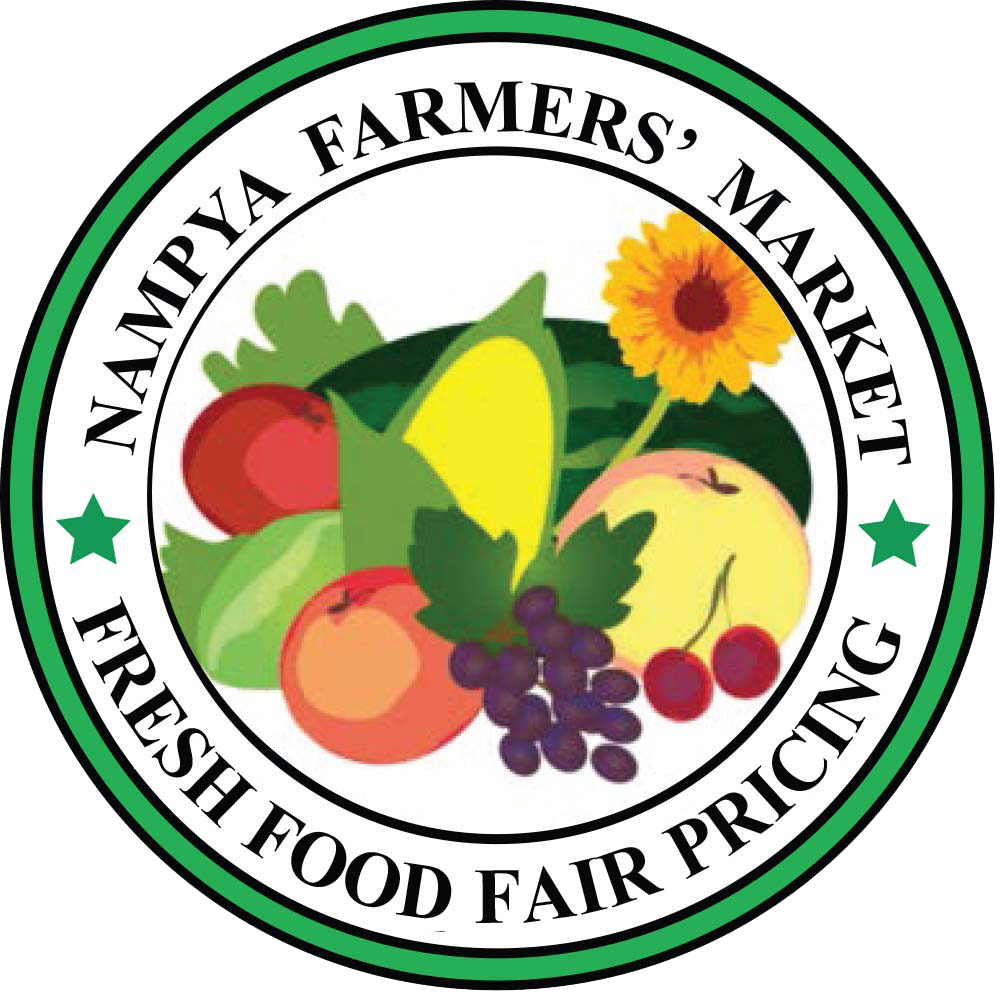
Company: NAMPYA Farmer’s Market
Location: Kampala, Uganda
Founders: Mark Matovu
Year Founded: 2016
Funding: Bootstrapped / Raising
Stage: Active Users
Mentor: Carol Thompson (The Thompson Group)
One-liner: Connecting local farmers with local markets via SMS technology
Description: Uganda’s informal market economy is its lifeblood, but Mark the founder of the Namayumba-based logistics and resell company, saw an opportunity to streamline the process for vendors. The result is a digital marketplace for basic staples that lets vendors skip time-consuming, early-morning trips to wholesalers. Instead they can order high quality basic staples like bananas, potatoes, tomatoes, onions, and vegetables on the Nampya platform. The company then collects the produce from farmers and delivers it straight to its clients each morning.
In this way, Nampya links farmers and vendors to fair, trusted, modern markets, thereby providing a complete supply chain in Uganda for quality produce in urban areas. We are proving right the thesis that digital solutions in emerging markets can address real time challenges and create more transparency.
In their words: “Nampya Farmers’ Market has a founding team that is genuinely passionate about the work they are doing. We care deeply about bettering the lives of smallholder farmers, empowering youth (to start farming), reducing food wastage and encouraging healthy eating among urban dwellers. The core team shares much and are on board with the company’s mission.
We’re a team that passionately believes that all the goods in our markets should be cheaper, easier for vendors to get, and with better quality standards.
Drawing on our expertise in Logistics and supply chain space management, we believe we have built a unique solution to address the inherent inefficiencies in the delivery of fresh produce across East Africa, with a significant positive impact for both producers and consumers.”

Company: FoodFam
Location: Austin, TX.
Founders: Krishna Anand, Landon Hackley
Year Founded: 2018
Funding: Bootstrapped
Stage: Idea Validation / Product Development
Mentor: Jan Triplett and Patricia Bauer-Slate (Business Success Center, Patricia’s Lunch Box)
One-liner: At FoodFam, we live healthy, empower our community members through healthy eating, and share love across our community.
Description: Many generational youths encounter dietary restrictions that make them feel lost in the world they were so accustomed to. Krishna Anand and Landon Hackley saw this at The University of Texas at Austin, when their closest friends felt outcast by something that should bring people together – food. Since then, the two became more and more aware of how prevalent this issue was. People have all kinds of diet restrictions due to medical diagnoses – diabetes, pregnancy, celiac disease, and more. The two decided something needed to be done – something big, something a college student could afford, and something that would create an inclusive community for people to feel they are not alone in that struggle.
FoodFam is the product of these aspirations. FoodFam is an Austin-based startup that creates communities and families for those who need it the most. Through our service, those with diet deficiencies have access to professional chefs to enable them to cook healthy, access to restaurants to eat out with their friends, and the ability to meet others with dietary restrictions to empower each other to embrace their new lifestyle. It all happens online, so anyone can get access to vital nutrition tips and tricks fast and efficiently, without having to sacrifice too much time or money.
In their words: “With the backing of BlueCross BlueShield nationally and our internal resources locally, FoodFam has the ability to create and dominate a market currently untouched. We bring people who just developed a dietary restriction and are struggling to build a new lifestyle with those who have already figured it out and third parties who want to support the cause.
Anyone with a diet restriction now has an interface available to them with countless resources at the cost of one to two meals. Join the FoodFam to learn more, be part of the future, and empower each other to live healthy, love living, and share love across our community.”
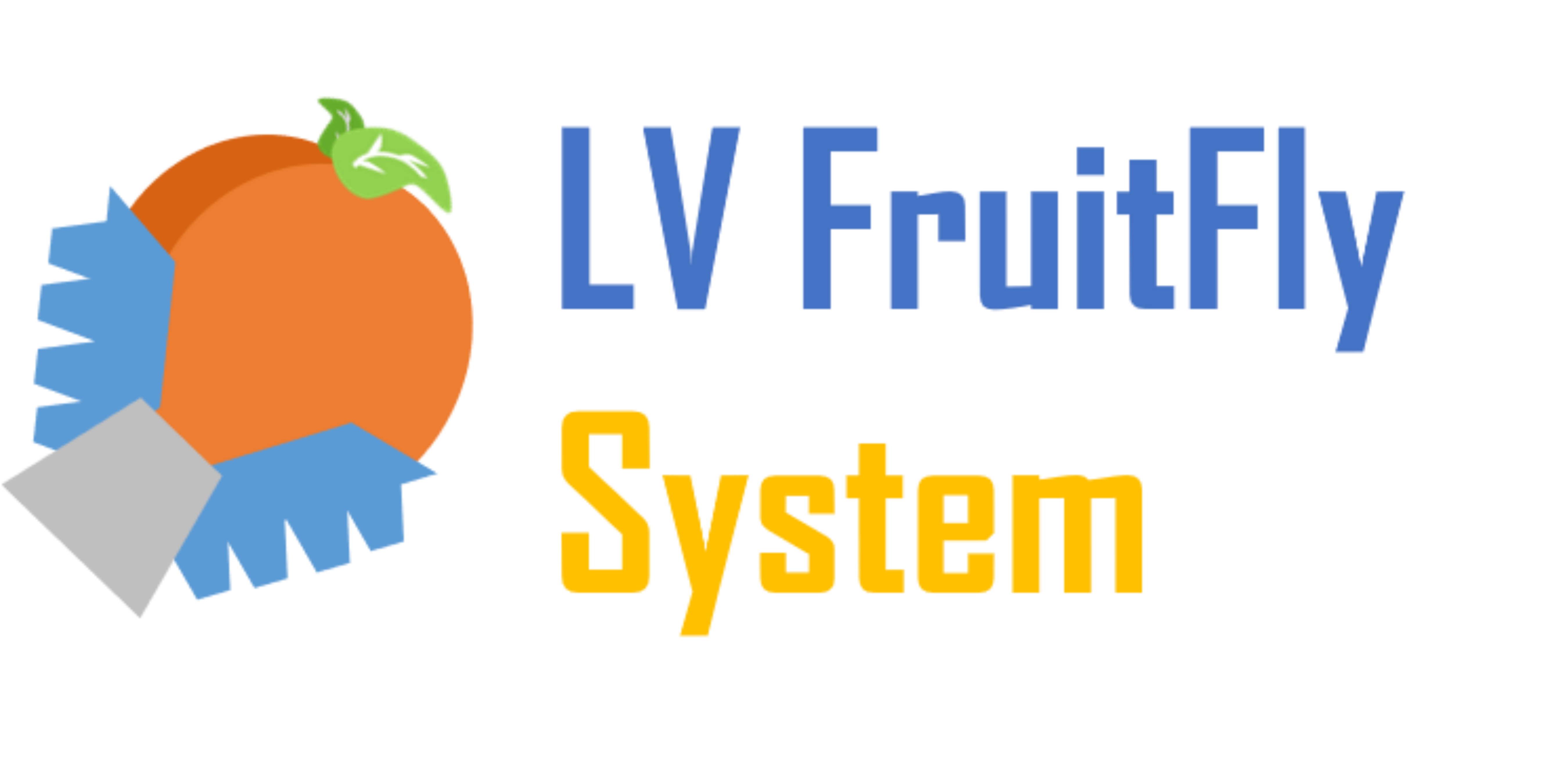
Company: LV Fruitfly
Location: Austin, TX.
Founders: Uksang Yoo, Logan Hagerman, Arjune Menta
Year Founded: 2017
Funding: Bootstrapped
Stage: Product Development
Mentor: Shelly Brenckman (Startup Aggieland)
One-liner: Smart Automated Aerial Orchard Harvesting System.
Description:The LV FruitFly is an aerial orchard harvesting and automation system that allows orchards and produce suppliers to quickly and efficiently pick their crops, increase overall yields, optimize resource management, and avoid losses due to labor shortages. The system applies three key technologies (aerial suspension, AI, and soft robotics) to enable enhanced mobility, fully autonomous operations, and damage free fruit.
With its precisely controlled soft robotic arm and 24/7 work life, the LV FruitFly can pick delicate, high value produce including apples and oranges without bruising or reducing quality. Unparalleled mobility and modularity allow LV FruitFly to rise above the competition. LV FruitFly provides a platform for agricultural automation and delivers sustainable benefits over manual labor and on-ground harvesting aids.
In their words: “Modern farmers are facing unprecedented challenges. Labor shortages are common with fruit often left to rot in the field. Overall yields are stagnating due to burgeoning fixed costs while the demand for high quality fresh fruit increases. To address these concerns, farmers across the US are eager to adopt automation solutions; a 2017 California Farm Bureau survey indicated that 66% of farm owners were looking to adopt automation technology. We fill a gap in existing harvest technology by providing tailored and scalable automation. Key drivers for a transition to automation are a desire for increased yields, rising labor costs, and narrowing margins which make labor disruptions especially damaging. USDA estimates that labor makes up 41% of all cash expenditures for the fruit and tree nut market, revealing strong potential for automation.
In an industry where farms experienced 31% decline in income in less than 5 years and where more than 10 percent of produce is projected to be left rotting in the fields because of labor shortages, LV FruitFly is the groundbreaking automation platform that will pave the road to a future with sustainable and secure fresh produce supply.“

Company: SwipeMeIn
Location: Austin, TX.
Founders: Jonathan Wong
Year Founded: 2018
Funding: Bootstrapped
Stage: Idea Validation / Product Development
Mentor: Mary Ann Anderson (University of Texas at Austin)
One-liner: Donating pre-allocated meal-plan dollars to food insecure students.
Description: A multi-sided marketplace that caters to swipers(owners of on-campus currencies) customers, and those who are food insecure.The app capitalizes on the stark price differences in on-campus food currencies in dining halls with off-campus credit card prices($5 per meal vs. $10 per meal). The app allows on-campus students to get real money for their on-campus currencies and off-campus students to get cheaper meals. We centered the platform around community engagement and donation by allowing all users to donate to a student community fund based on their university and also to their closest metro area food pantry based on open-source data from Feeding America. This web app connects swipers and customers through an innovative scheduling and check-in system.
In their words: “Across the nation, university students waste millions of dollars a year when their on-campus currency balances are wiped clean. Universities provide students with currencies that can only be used on-campus for dining. Most of these students who live on-campus end up with an excess of this currency and don’t know what to do with it, and they usually forfeit the excess money at the end of the term. This currency could easily be used to provide thousands of meals for food insecure students and students who need a cheaper meal. On the other hand, many students who live off-campus find it very convenient to eat on campus, but without an on campus meal plan, find it too expensive to be a viable option. If there was a way to connect these two demographics, a profit could be made due to the stark disparity between the supply of the on-campus demographic with the demand of the off-campus demographic. Furthermore, the profit made by connecting the model also be used to mitigate the food insecurity crisis experienced on college campuses.”